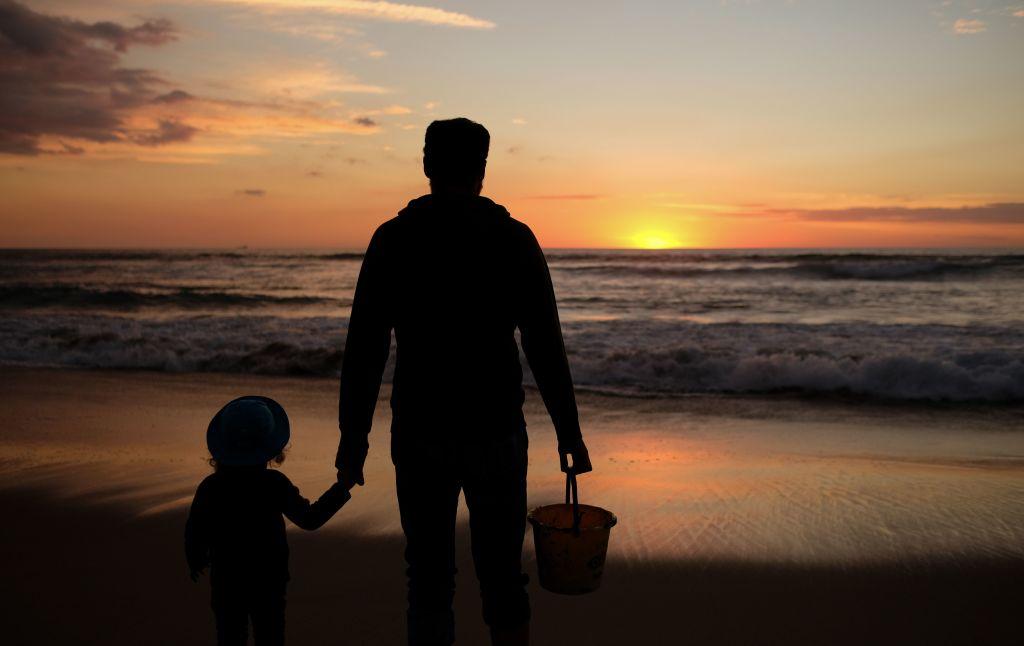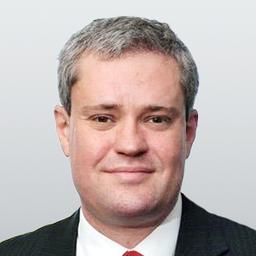Commentary
Submissions on the Australian government’s draft Family Law Amendment Bill are due by Feb. 27. There is much to be concerned about in Attorney-General Mark Dreyfus’s draft amendment. But perhaps its most problematic aspect is the proposal to remove the order for “equal shared parental responsibility.”





